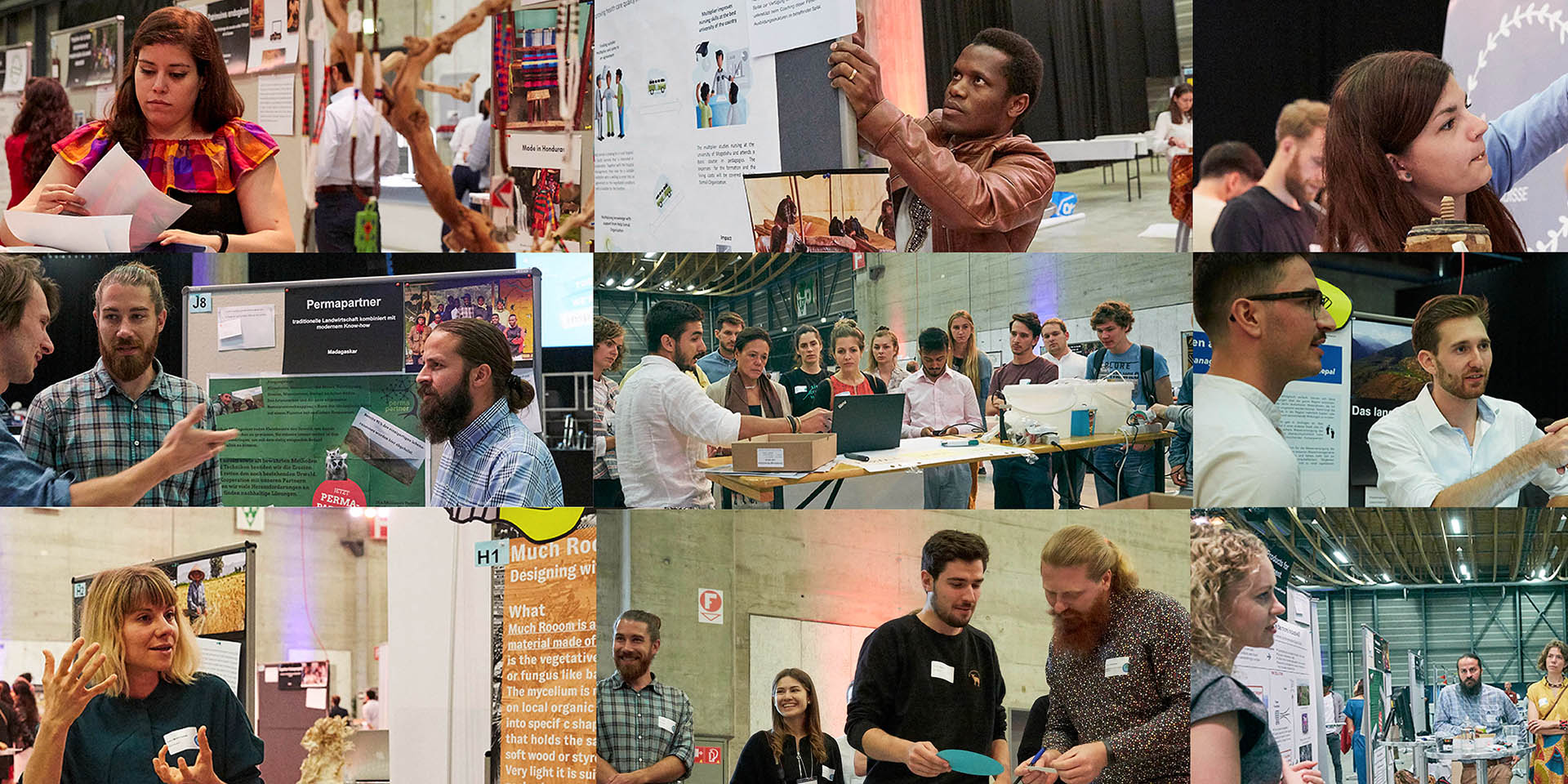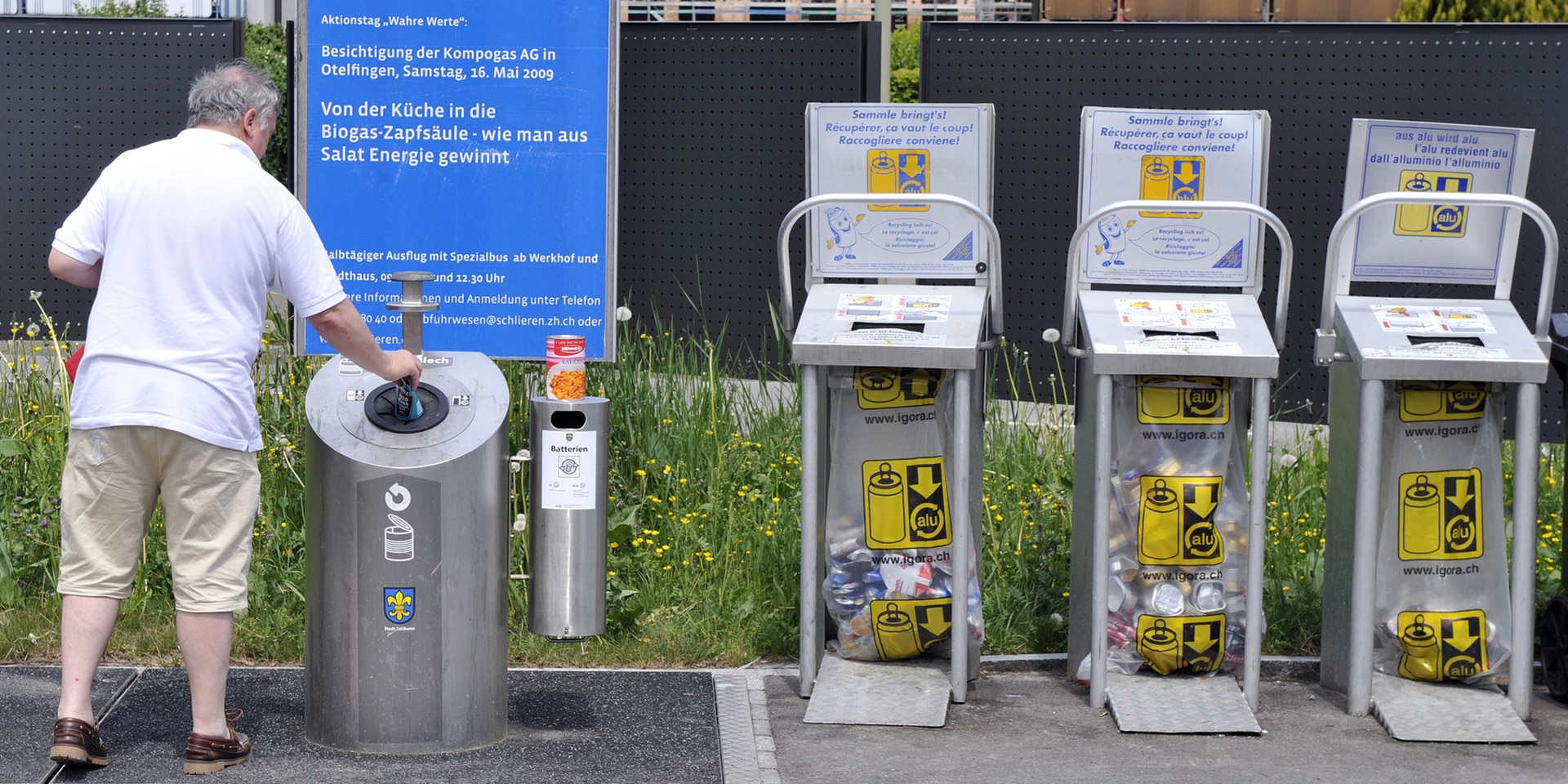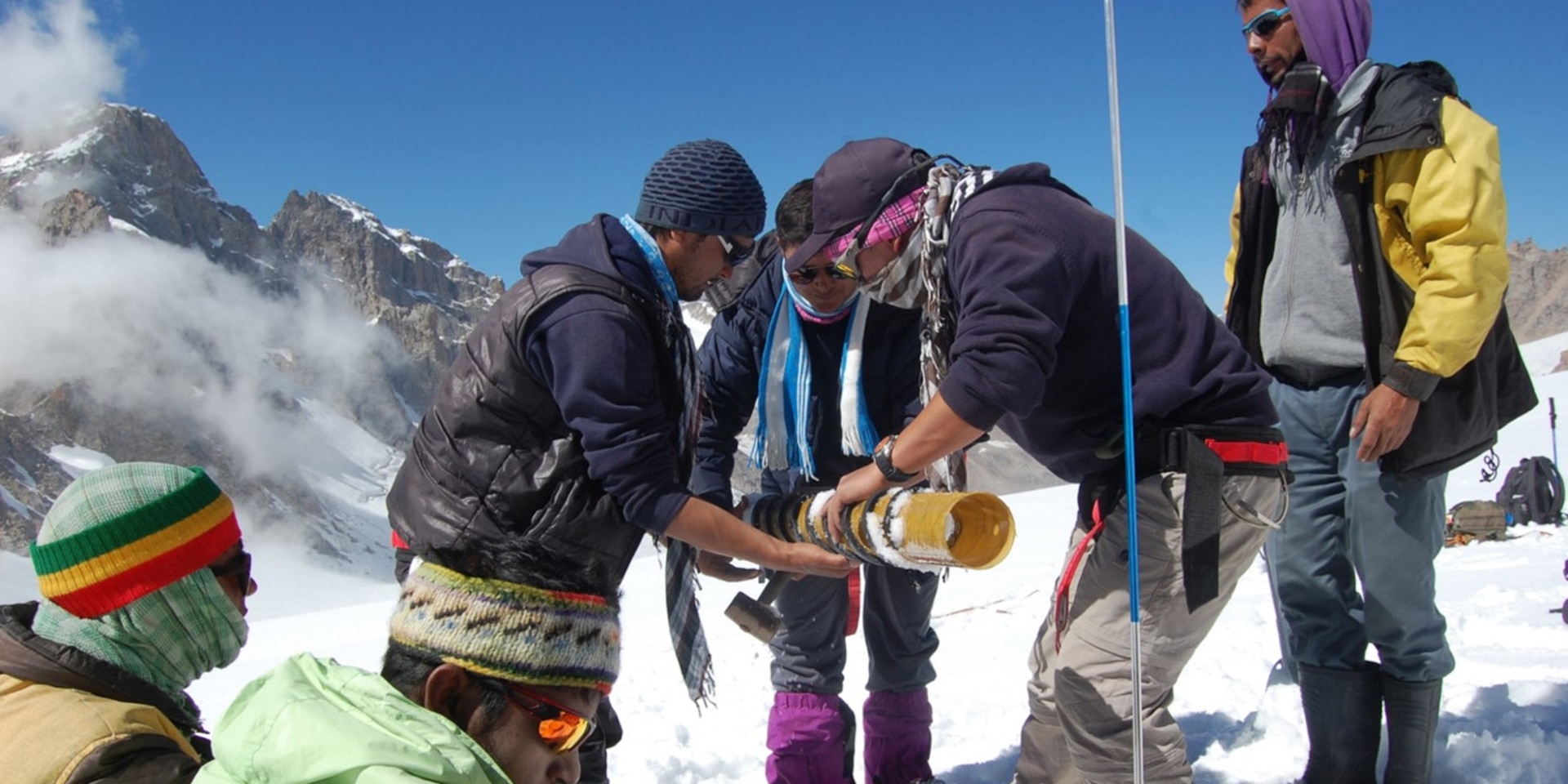2030 Agenda youth competition: 60 new ideas for sustainable development
"I unleash the potential of young people from the slums," explains Gianmarco Marinello, the driving force behind professionally organised city tours of Nairobi. At the International Cooperation Forum Switzerland in Geneva at the end of March, the SDC and SECO will award the 'Together we're better' prize for projects like this one in Kenya. The more than 60 projects are an impressive testament to the inventiveness of young people in development cooperation.
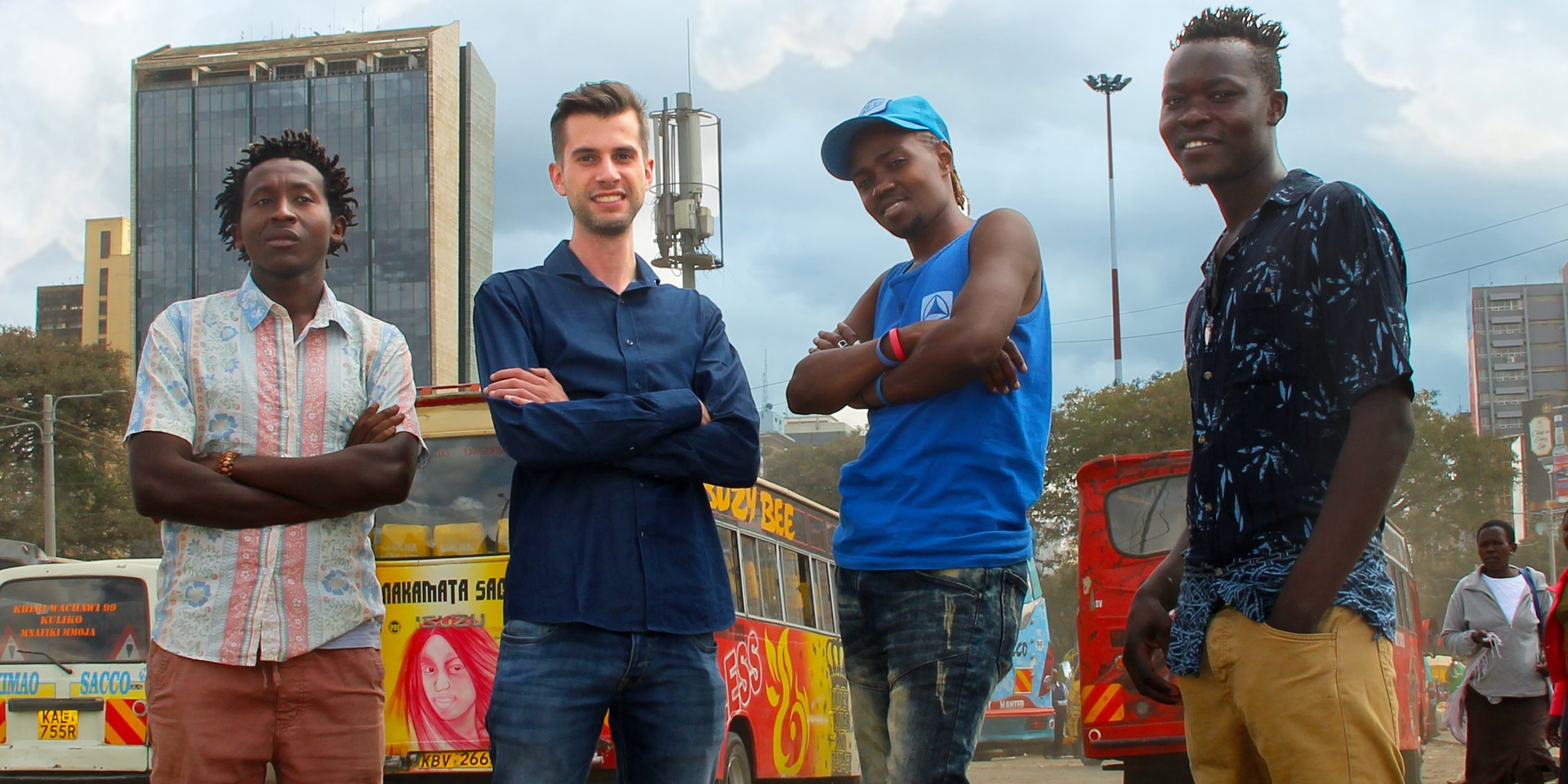
The Youth Prize of the SDC and SECO targets young people's projects for sustainable development: for example city tours in Nairobi by young people from the slums. © Gianmarco Marinello
Instead of waiting for mentors who failed to materialise, Gianmarco Marinello became one himself – for his younger colleagues. "I realised that this was my destiny." With 'Nai Nami', which translates as 'Nairobi with me!', he applies the skills he has acquired in the process in a concrete way: his project of professionally organised city tours unleashes the potential of young people, who otherwise would have had no choice but to turn to crime if they wanted to survive. Now they have a legal livelihood.
The innovative young entrepreneur started 'Nai Nami' during a study visit to Kenya. His project is commercially self-sustaining, with young people from the slums as operational service providers, and himself as driving force for the entire professional infrastructure in the background.
Marinello took part in the first 'Together we're better' competition in 2019 with his project that had been up and running for years. 'Nai Nami' is an example of the kind of project that the SDC and SECO are looking for with the Together we're better Youth and Future Prize. The second award ceremony will take place at the International Cooperation Forum Switzerland (IC Forum) in Geneva on 31 March and 1 April 2022.
The 2030 Agenda is the main topic covered at the IC Forum. Switzerland wants to increasingly involve youth and young adults in development cooperation, promote dialogue and increase their knowledge and engagement in the spirit of the 2030 Agenda.
On water filters, micro power plants, degradable and digitalised products
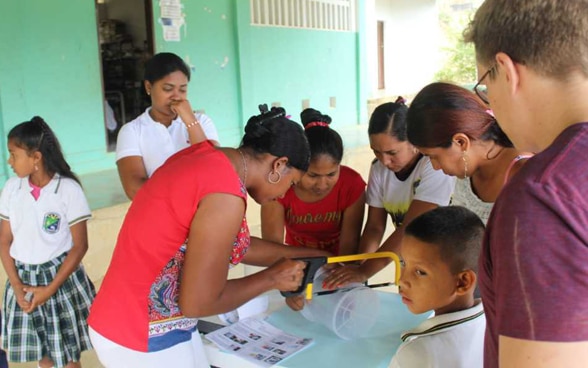
One month before the presentation and awards ceremony at the IC Forum, the submitted projects can be viewed online from the beginning of March at the Website "Together we're better". Over 60 projects have been submitted. Four prizes in different categories are up for grabs. They will be distributed at the IC Forum for a value of CHF 4,000 to CHF 12,000.
Once again, the competition sought projects or digital solutions that contribute to eradicating poverty, improving the quality of life of the most vulnerable or mitigating environmental problems.
The projects submitted bear witness to a wealth of ideas and innovative strength. The topics range from proposals to alleviate plastic pollution to waste recycling; from water filters that can be produced locally, with embedded sustainability, to hydropower plants made from reclaimed materials; from social participation to digitalised education programmes to innovative forms of social work.
One of the requirements was that local partners should be involved in the projects. And that the projects should be oriented towards the priorities of the local population.
Handing over the baton to the new generation
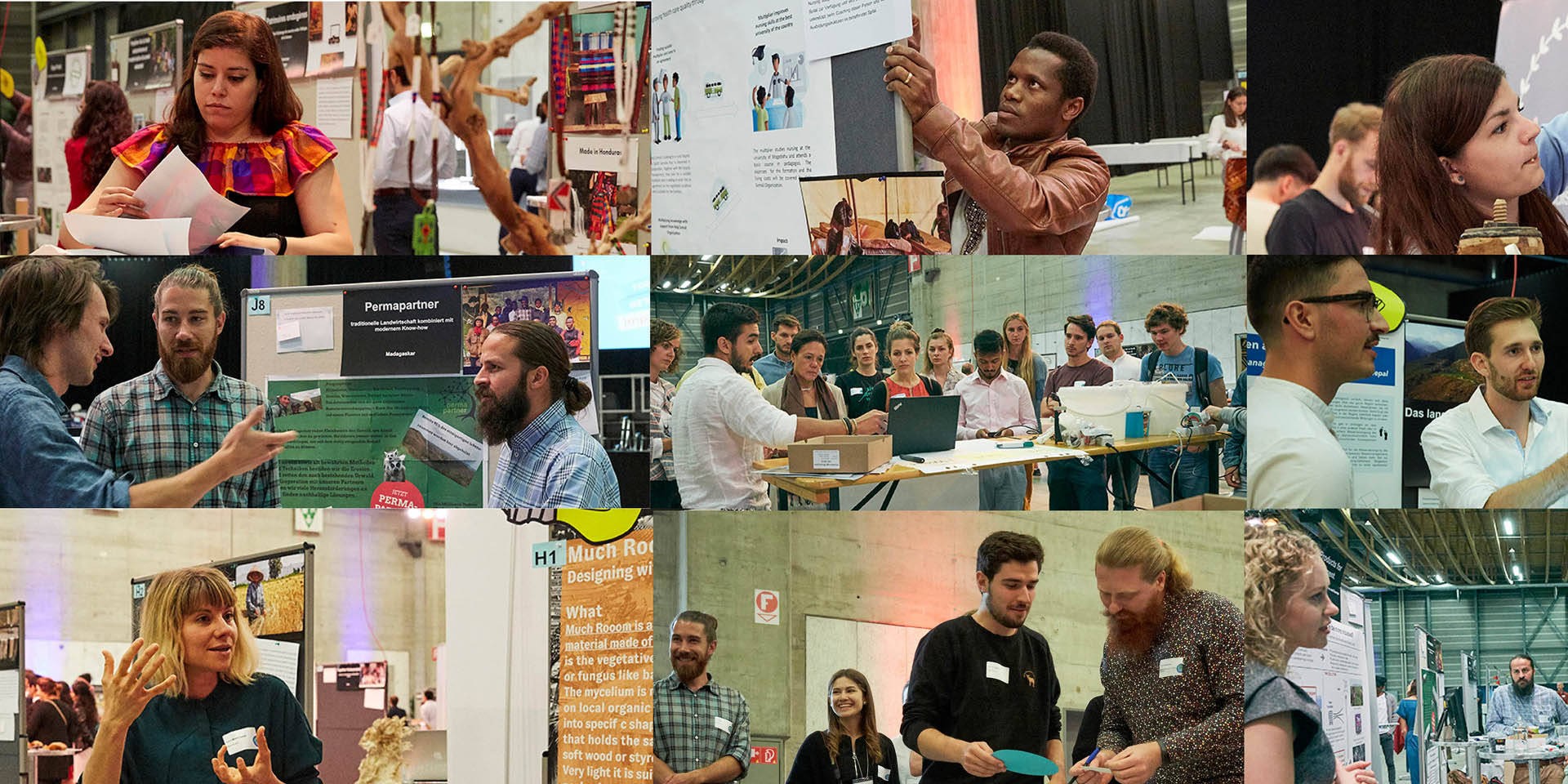
Barbara Hell, project manager of the Youth and Future Prize, hopes that the commitment of young people will receive even more resonance internationally and that the event will serve to bring together the participants, the SDC and SECO in a spirit of positive exchange. To achieve these goals, working sessions with specialists in their field will be held during the IC Forum, which participants in the competition will be actively encouraged to take part in.
Preparatory workshops will also be conducted with interested participants to help the young people derive maximum benefit from the IC Forum. "The SDC should listen more to young people," says Barbara Hell. "Ideally, we would like to be able to get them involved in developing concrete solutions further down the line."
She also hopes that participants will network amongst themselves and form a community. Ultimately, it is about handing over the baton to the new generation: "With this competition, the SDC and SECO are bringing young people into the debate about the future, in order to understand what kind of world they want to live in and how it can best be achieved."
Sharing responsibility
'Nai Nami' shows that the path to success for a project is through shared ownership: the company belongs to everyone who is actively involved in it. Everyone bears responsibility. Everyone recruits future colleagues, for example. The former street children of the slums of Nairobi offer a service with a business model that is financially self-supporting.
How does the 2030 Agenda dovetail with the FDFA's foreign policy strategies?
The 17 Sustainable Development Goals of the UN's 2030 Agenda are a key part of Switzerland's Foreign Policy Strategy 2020–23 and International Cooperation Strategy 2021–24. By pursuing its strategic objectives, the FDFA is thus advancing the goals of the 2030 Agenda.
The 2030 Agenda is a globally applicable orientation framework for national and international efforts to jointly solve the world's major challenges, including poverty, climate change, environmental degradation and health crises.

